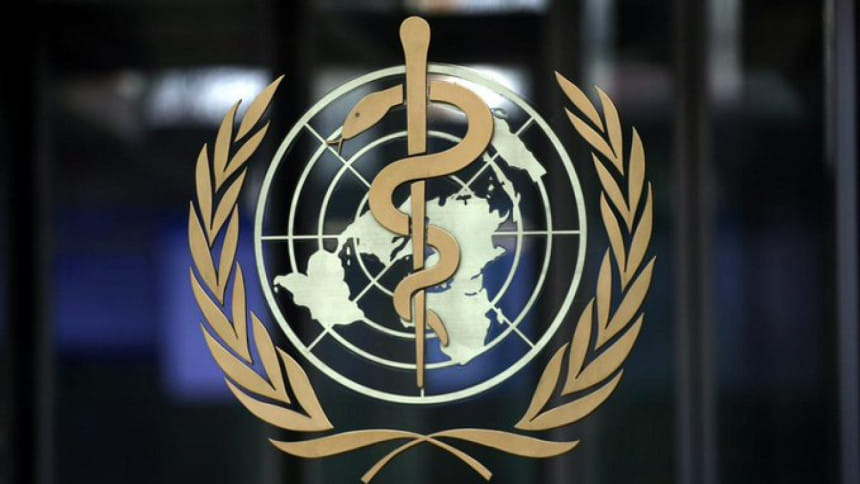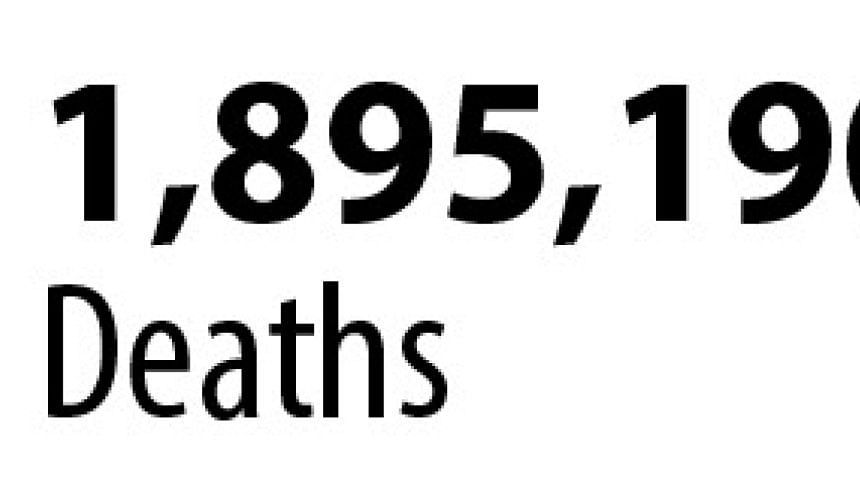‘Hard road ahead’ to beat Covid

World Health Organization experts warned Wednesday there could be six months of "hard, hard road ahead" in 2021 before vaccines turn the tide against the coronavirus pandemic.
Maria Van Kerkhove, the WHO's technical lead on Covid-19, said that in many countries, the situation was very worrying -- and would get worse.
"A handful of countries are really seeing incredibly intense transmission," notably in Europe and North America, with "some really scary numbers in terms of cases, hospitalisations and admissions to intensive care units", she said.
Social mixing of households over the Christmas and New Year period will result in a further rise in case numbers in January, she told a live event on WHO social media channels.

"We are starting to see it now; we will see it in the coming weeks. In many countries, we will see the situation will get worse before it gets better," she said.
Michael Ryan, the WHO's emergencies director, said there had been a wave of expectation when vaccines began to trickle on stream last month, but people could not breathe a sigh of relief and slacken their vigilance against the disease.
"We're all a year into this. It's a really, really long battle," he said. "We've got another three or six months of hard, hard road ahead of us. But we can do it.
"The cavalry is coming, the vaccines are coming -- but they're not here yet, for most people in the world."
EASILY TWEAKED
As for the new mutations of the virus detected in Britain and South Africa, while there appears to be an increase in transmissibility, there is no apparent change in disease severity, said Van Kerkhove.
The faster-spreading mutation is "not catastrophic, in the sense that it means it's out of control and there's nothing we can do", the US expert said, because the existing basic measures to stop the virus spreading would still work.
Ryan said there was "absolutely no indication" that the vaccines as developed would not work against the new variations.
But, he added, "even if there was a change in that, it is relatively straightforward to tweak the vaccines".
When viruses mutate, they "can become more infectious but they rarely become more severe, because it's not in their interest", he explained.
Meanwhile, WHO's European branch yesterday said more needed to be done to deal with the alarming situation brought on by recently discovered variants of the coronavirus.
The WHO's regional director for Europe, Hans Kluge, called the current situation "a tipping-point in the course of the pandemic."
While the new year "brings with it new opportunities and tools", such as vaccines, Europe is also challenged by surging cases and new strains of the virus causing Covid-19.
"This is an alarming situation, which means that for a short period of time we need to do more than we have done and to intensify the public health and social measures to be certain we can flatten the steep vertical line in some countries," Kluge said, referring primarily to the new variant first discovered in the UK.
While it is natural for viruses to change over time and the variant is not believed to cause more severe symptoms, its "increased transmissibility", means it still raises concern, according to WHO Europe.
"Without increased control to slow its spread, there will be an increased impact on already stressed and pressurised health facilities," Kluge said.
The measures proposed by Kluge were those "with which we are all familiar," listing the adherence to generalised mask wearing, limiting social gatherings, maintaining physical distance and hand washing as prudent but in need of being intensified.
'LAST TO CLOSE'
These measures coupled with adequate testing, quarantine and isolation, and vaccination, "will work if we all get involved", Kluge said.
Early indications also suggest that vaccines against Covid-19 are effective against the British variant, according to WHO.
Asked about whether the new variants warranted a closing of schools as many countries did in the spring the organisation said it should only be considered a last resort.
"The school should be the last to close and the first to open," said Catherine Smallwood, Senior Emergency Officer at WHO Europe.
She added that whether a variant was involved or not, the closing schools needs to remain in the toolbox of authorities to slow the spread of the virus.
The WHO's European Region comprises 53 countries and includes Russia and several countries in Central Asia, and 22 countries in the region have recorded cases of the new variants.
According to the organisation's estimates, the new strains could replace others across the region.
Europe has been hard hit by the pandemic, with more than 27.6 million cases and 603,000 deaths, according to WHO's monitoring.

 For all latest news, follow The Daily Star's Google News channel.
For all latest news, follow The Daily Star's Google News channel. 




Comments